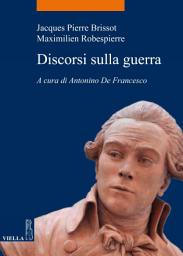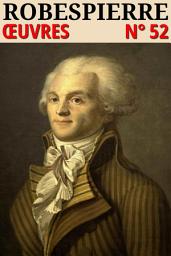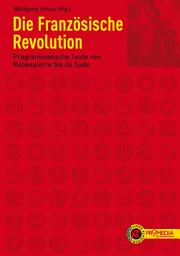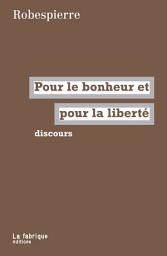Maximilien Robespierre
Maximilien François Marie Isidore de Robespierre was a French lawyer and statesman, widely recognised as one of the most influential and controversial figures of the French Revolution. Robespierre fervently campaigned for the voting rights of all men and their unimpeded admission to the National Guard. Additionally, he advocated the right to petition, the right to bear arms in self-defence, and the abolition of the Atlantic slave trade.
A radical Jacobin leader, Robespierre was elected as a deputy to the National Convention in September 1792, and in July 1793, he was appointed a member of the Committee of Public Safety. Robespierre faced growing disillusionment with other revolutionaries which led him to argue for the harsh measures of the Reign of Terror. Increasingly, members of the Convention turned against him, and accusations of excesses came to a head on 9 Thermidor. Robespierre was arrested and with around 90 others, he was executed without trial.
A figure deeply divisive during his lifetime, Robespierre's views and policies continue to evoke controversy.
A radical Jacobin leader, Robespierre was elected as a deputy to the National Convention in September 1792, and in July 1793, he was appointed a member of the Committee of Public Safety. Robespierre faced growing disillusionment with other revolutionaries which led him to argue for the harsh measures of the Reign of Terror. Increasingly, members of the Convention turned against him, and accusations of excesses came to a head on 9 Thermidor. Robespierre was arrested and with around 90 others, he was executed without trial.
A figure deeply divisive during his lifetime, Robespierre's views and policies continue to evoke controversy.
Ebooks






